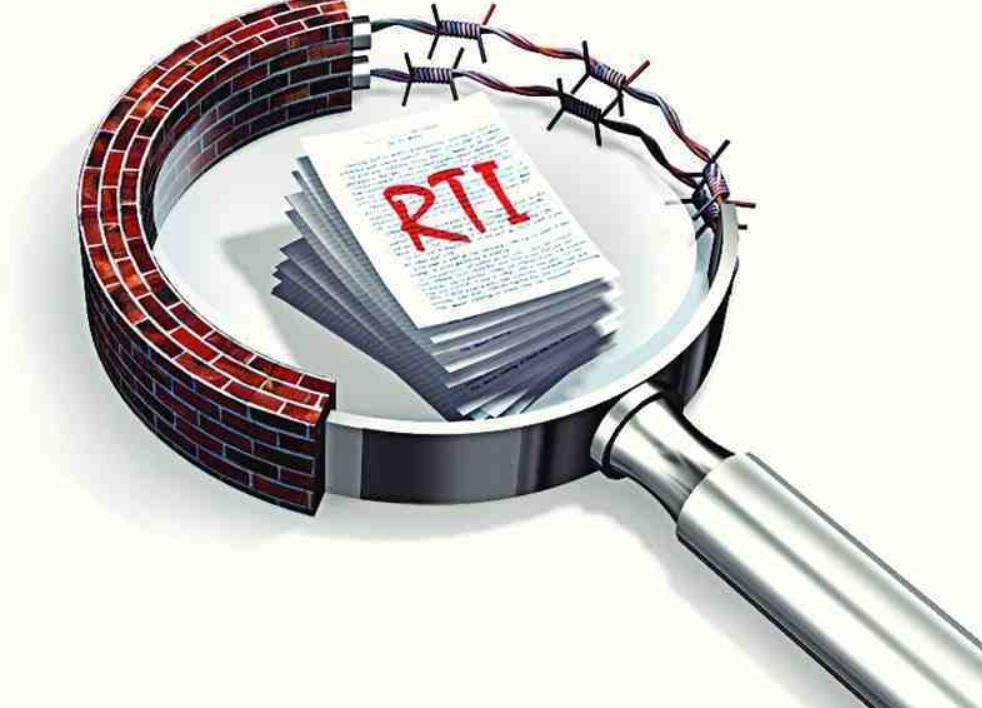Maha residents gets access to govt records in district, local level under RTI

- Country:
- India
Residents of Maharashtra can now inspect government records in district-level offices and local bodies under the Right to Information (RTI) Act for two hours every Monday. A government resolution (GR) to this effect was issued by the General Administration Department (GAD) last week.
The move is aimed at increasing transparency and to cut down the number of RTI applications and appeals in the government offices.
The GR would not be applicable to Mantralaya, the state secretariat. "This provision to allow inspection of records will not only ensure transparency, but it will also reduce the number of first and second appeals filed under the Right to Information (RTI) Act," stated the GR dated November 26.
It referred to a similar initiative launched earlier by the Pune Municipal Corporation (PMC). "Residents can inspect government records in district level offices and local bodies such as municipal corporations and councils between 3 pm to 5 pm every Monday. In case of a public holiday on Monday, the inspection will be allowed on the next working day," it stated.
RTI activists have welcomed this initiative of the government. "Citizens must use this facility extensively and consistently to ensure its implementation," former chief information commissioner (CIC) Shailesh Gandhi said Monday. Mumbai-based activist Anil Galgali said they were awaiting such a move.
"Success of this much-awaited initiative depends on its smooth implementation by the state," he said. Another activist Manoranjan Roy said the order should have applied to all departments of the government. "Leaving out higher offices as the state secretariat would hardly serve its purpose," he argued.
(With inputs from agencies.)
- READ MORE ON:
- Government of Maharashtra
- Rights
- 2017
- Government
- Government of Delhi
- State government
- Human rights
- Fundamental rights
- Attacks on RTI activists in India
- Information Commissioner's Office
- district-level offices
- local bodies
- government resolution
- government offices
- GR
- government records
- awaited initiative
- inspection of records
- Right
- MH-RTI
ALSO READ
Jofra Archer a concern but Ben Stokes has taken right call to miss T20 World Cup, says Stuart Broad
Cong promises right to apprenticeship, raise 50 pc cap on quotas in manifesto
Cong guarantees new right to apprenticeship act to provide one year apprenticeship to every diploma holder or graduate below age of 25.
Cong promises to raise 50 pc cap on quotas, right to apprenticeship in manifesto
Jofra Archer a concern but Ben Stokes has taken right call to miss T20 World Cup, says Stuart Broad










